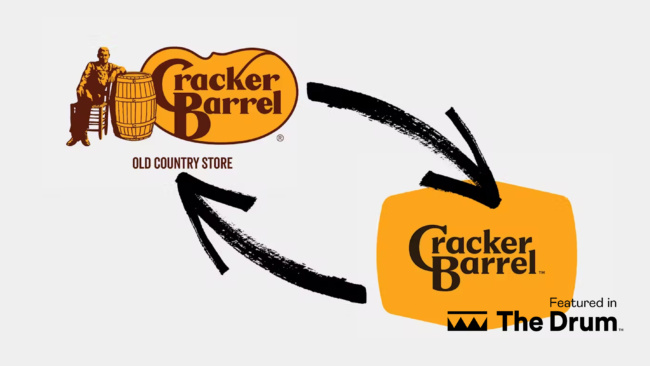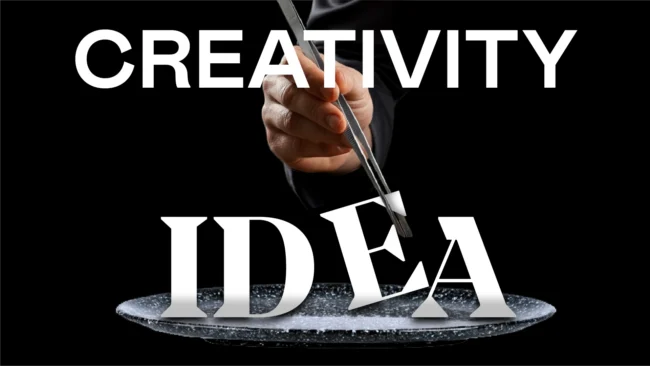
Written by: Rob Allen, Strategy Partner
Imagine that in 2030, five of the top 10 most-valuable brands in the world are British. Ambitious? Absolutely. Impossible?
Definitely not. It’s the kind of focus and thinking that is needed to boost the British economy, productivity – and the confidence of the nation.
The UK economy is becalmed. Business leaders, politicians and commentators are frantically searching around for ideas to ignite growth. But they always come out with the same sort of economist’s solutions – planning regulations, labour-market reforms, capital availability and so on.
All of these things are important, but what’s completely absent from the discussion is any mention of brands. Brands add value, deepen loyalty and increase margins. They are productivity pixie dust. A little goes in – much more comes out. How much financial and social benefit does Italy get from Vespa, New Zealand from Hobbits, or Japan from Nissan? So why aren’t we resolutely focused on championing and building our own national brand assets?
I’m clearly not the only person who thinks this is a priority. Creative UK recently released a manifesto calling for greater support and investment in the broader creative sector.
We are a nation known for our creativity, academic prowess and entrepreneurialism. We have fantastically imaginative artists, a higher-education sector popular with students from around the world, and leading businesses in sectors as diverse as pharmaceuticals and management consulting. We already have enormous global brands, hidden in plain sight: The BBC, Dyson, Paddington Bear, Manchester United, Scotch whisky, London – the list is huge. All these brands are valued and trusted by consumers across the world.
So, how do we develop the next wave of top British brands? What do we need to do to ensure more British brands lead markets and categories? I have three suggestions:
Think “brand”
If asked to list British brands, most people would think of Dyson, and possibly the BBC. But Paddington Bear, Manchester United and London? Are they brands, or just stories, emotions and ideas? As we all know working in this profession, it’s all the same. A brand is just an idea wrapped in creativity. There are British brands everywhere, just waiting to grow.
Businesses need to understand that they have a brand merely by existing – the only real question is whether they want to actually manage it, or let that asset go to waste. Thinking about themselves as a brand – and how to grow it – needs to be at the heart of every business strategy.
Embrace marketing culture
This lack of understanding is part of a wider cultural problem in the UK that extends beyond brand into advertising and marketing more generally; a fluffy dark art unworthy of comparison to the real business of producing practical and tangible products that will (somehow) sell themselves. And yet, what patriotic Brit would deny the power of brand Isambard Kingdom Brunel? The country needs to change its attitude to realise its potential.
Leverage British values
There remains the tricky question of what British brands stand for. What’s at the heart of brand Britain? I believe that there are shared values that underpin successful British brands. These add value, create attraction and elevate their brands above price-based comparisons.
The first value is craft. Uniting the precision of Sheffield cutlery, the personal touch of Aardman Animation and the stitching on your Barbour jacket, the best British brands are crafted with care by skilled artisans. And the idea of craft has extended far beyond its traditional tailored product category into multiple opportunities for personalisation.
Brand Britain is often pigeon-holed as posh – the Downtown Abbey effect. But there is another, more accessible option for brands – “underdogism”. We will naturally support the underdog rather than the obvious winner. A combination of generosity, sympathy and inclusivity is extended to those who need it. A good example is the FA Cup. We want Mansfield Town to win, not Manchester City. Brands can celebrate the lives of everyday people.
We’re a nation that values intellectual deftness. We have a service-based economy stuffed with a highly educated population, and a tradition of being a bit bolshy. This country is awash with creative talent which is one of this country’s deepest natural resources, and it’s time it was respected. From Silicon Fen to the City of London, the mental heft of its people is what the modern UK economy is founded on. That’s why our architecture, accounting and publishing sectors can so successfully export their intellectual creativity to the world.
The final value is quirkiness. The best American brands have a clear “upwards” promise. French brands are precise, and Italian stylish. In contrast, great British brands like Mini are imbued with mutability, humour and agility. British brands can have a slightly wry perspective that radiates warmth and inclusivity. It’s the product of our long and complex past, with its constantly shifting codes, behaviours and lifestyles. We’re able to winkle out cultural nuances to uncover the original stories, human foibles and new ideas that keep brands fresh.
Craft, underdogism, deftness and quirkiness. Four values that brands can mix and match to fit their category and strengths. With the right values – and the right attitude – British brands can bring the nation together, boost productivity, and hit that top ten valuation.

